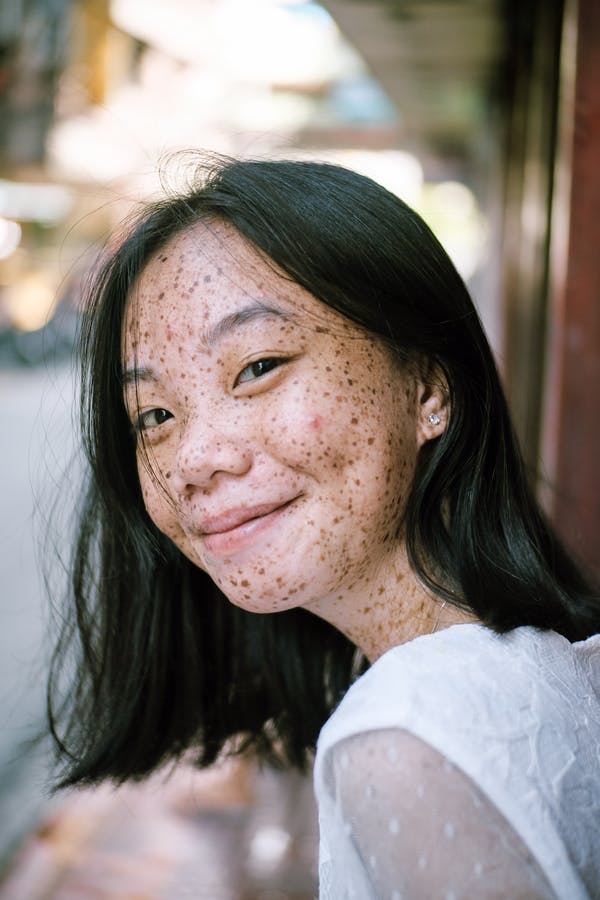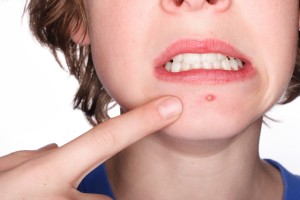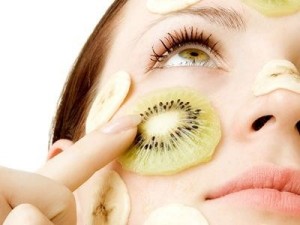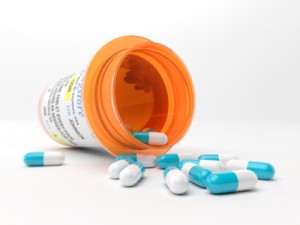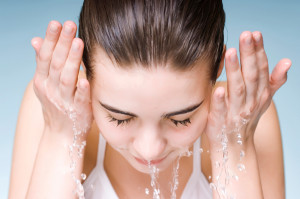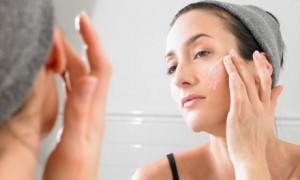Skin problems can be incredibly frustrating, with the potential to cause a significant amount of discomfort and embarrassment. They can range from acne and eczema to warts, psoriasis, and a plethora of other conditions that can affect people of all ages. Thankfully, many of these issues can be managed with proper understanding and appropriate treatment.
Acne affects millions of people every year, causing pimples, blackheads, and whiteheads that can be painful and unsightly. It can occur on any part of the body but is most common on the face, neck, chest, and back. Acne is typically caused by a combination of factors including hormones, dead skin cells, bacteria, and excess oil. Treatments include creams, ointments, and other topical medications as well as antibiotics and other medications taken orally.
Eczema is an inflammation of the skin that can cause red, itchy patches, as well as weepy or crusty areas. The exact cause of eczema is not known, but it is thought to be caused by genetic factors and environmental triggers. Treatment often includes lubricating creams and ointments, topical corticosteroids, oral medications, and light therapy.

Psoriasis is an autoimmune condition in which the body’s immune system mistakenly attacks healthy skin tissue, resulting in patches of red, scaly skin. It can be triggered by stress, certain medications, and environmental factors. While there is no cure for psoriasis, treatments include topical creams and ointments, ultraviolet light therapy, and oral medications.
Warts are caused by a virus that invades the skin. They can appear anywhere on the body but are typically found on the hands, feet, and face. Warts can be removed through cryotherapy (freezing them with liquid nitrogen), dermatological surgery, and laser treatments.
Rashes can be caused by a number of things including viruses, allergies, medications, infections, and physical irritants. Treatment depends on the cause and can range from over-the-counter creams and lotions to oral medications.
Finally, skin cancer, which is the most common form of cancer in the United States. Early detection is key to survival, and common signs include new moles or spots, or any moles or spots that change size, shape, or color. Treatment can include surgery to remove abnormal areas, radiation therapy, and chemotherapy.
In summary, skin problems can be incredibly frustrating. With proper understanding and appropriate treatments, many skin conditions can be successfully managed. Consulting with a dermatologist is often the best course of action, as they can identify the root cause of a skin condition and recommend the most appropriate treatment plan.
